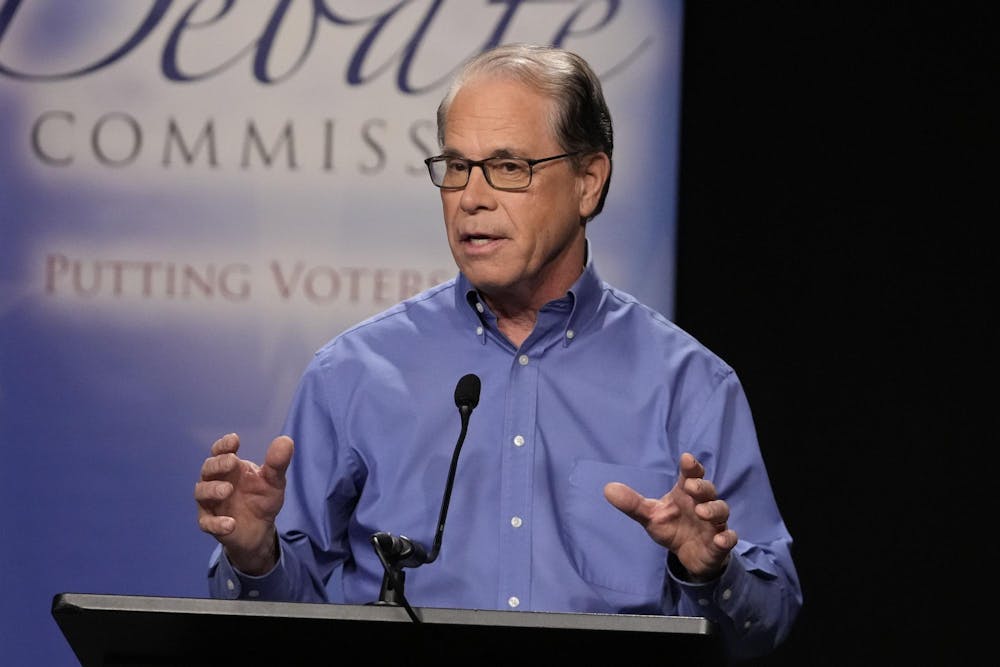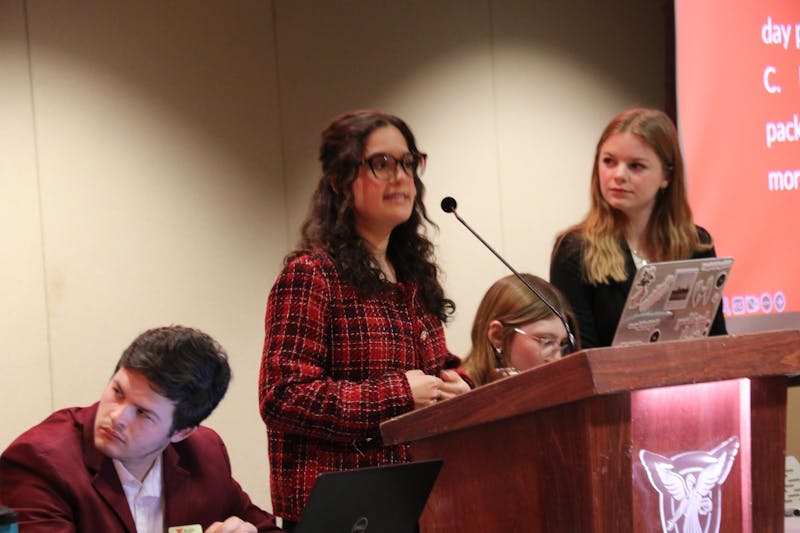Indiana's new Governor Mike Braun signed multiple executive orders into action just days after his inauguration.
One of the executive orders will no longer allow for executive branch state agencies to utilize resources to support many common diversity, equity and inclusion (DEI) efforts.
This efforts included mandating the sharing of pronouns, requiring applicants to share a statement on the topic of DEI, enforcing or requiring participation in a training or program that "endorse preferential treatment of one person's particular race, color, ethnicity or national origin, or that of another person," or having DEI positions, departments, activities, procedures or programs if they grant "preferential treatment based on one person's particular race, color, ethnicity, or national origin."
There was no elaboration on what would qualify as “preferential treatment” in the executive order.
The order is based on the decision made in the Supreme Court case of Students for Fair Admissions v. Harvard, a court decision that decided race could not be considered for college admissions, ending affirmative action.
The executive order also mandates that executive agencies must review their current DEI practices and ensure they are compliant with the new expectations set in this executive order. Agencies must state which practices or roles are being eliminated or revised by the end of April and send the report to the governor and legislative council by July 1.
In the executive order, Braun signed that this bill is intended to "assure the executive branch of Indiana is in compliance with the decision of the United States Supreme Court in Students for Fair Admissions v. Harvard."
The executive order does not include any mention of the other branches of government or state agencies and their participation in the rolling back of DEI efforts.
Bruan also signed an executive order mandating the return of many hybrid and remote workers back to in-person work.
The order states that all state agencies must require all full-time employees to not work from a remote location by July 1. The order also requires the development of policies by the Secretary of Managment and Budget that can serve as guiding “limited exceptions” to the order.
The order also states that employees who are not meeting “satisfactory performance” cannot be eligible for remote work, and all remote work has to be performed inside the state of Indiana unless travel is permitted for job-related functions.
Braun additionally signed orders that would remove degree requirements and background checks from many jobs, provide new regulations for state technology security, the adoption or changing of state rules and law related to reducing regulations and regulatory sunset, and many more. The full list of all 19 executive orders signed by Braun so far can be found online.
Contact the Daily News via email at editor@bsudailynews.com.





The Daily News welcomes thoughtful discussion on all of our stories, but please keep comments civil and on-topic. Read our full guidelines here.